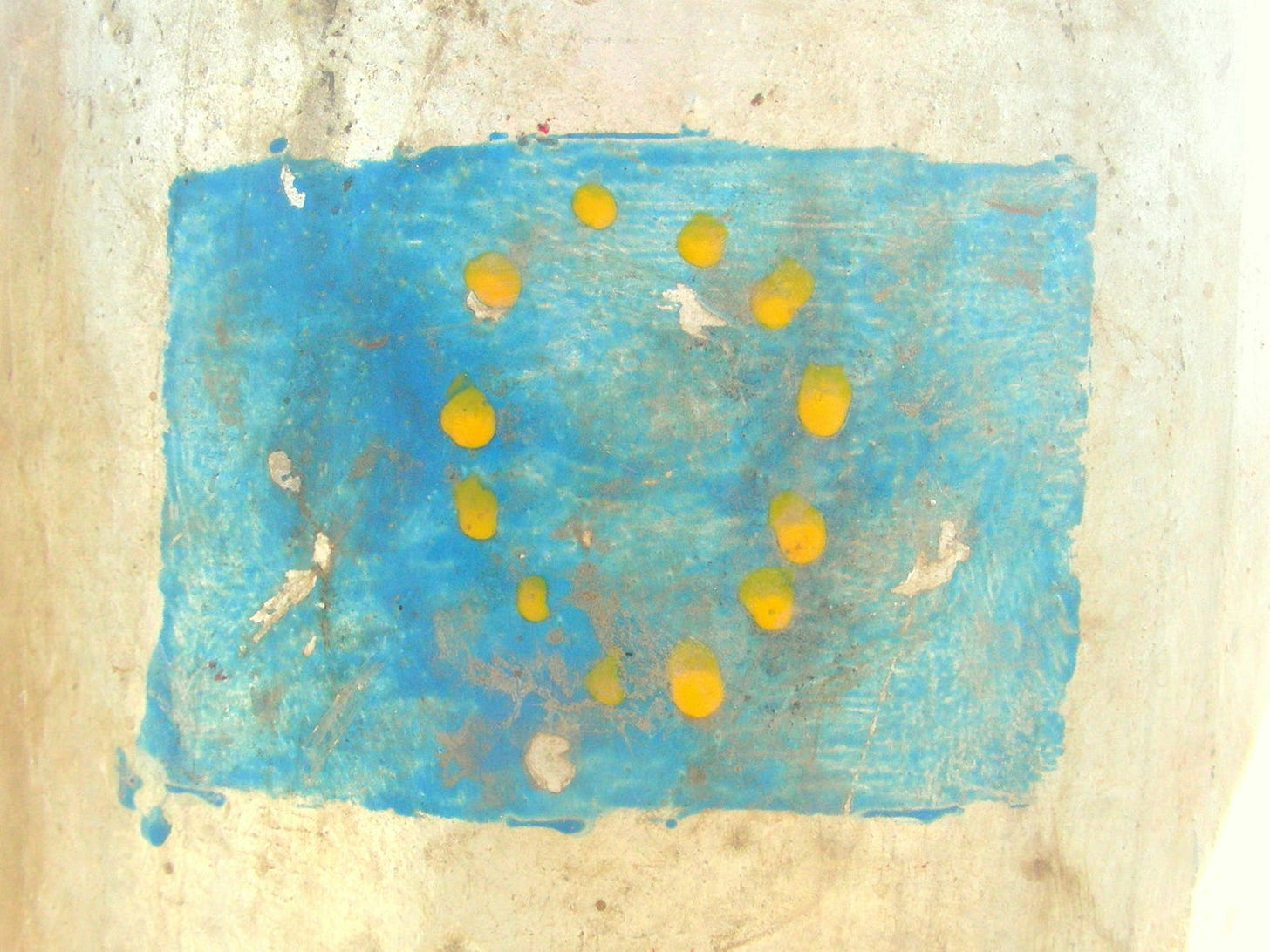I'm excited to launch this new space where we'll unpack EU politics within our rapidly evolving geopolitical reality. As Europe faces unprecedented challenges and opportunities, from enlargement to migration to forging a new global role, EuroPolity aims to provide thoughtful and clear analysis. I hope this blog can serve as a space for nuanced debate, bringing together diverse perspectives from policymakers, analysts, and engaged citizens and fostering a greater understanding of the complex machinery of EU politics.
Mission Statement
EuroPolity aims to illuminate the complex landscape of EU politics in our rapidly evolving geopolitical reality. Unpacking and understanding European governance's intricacies is crucial for citizens, policymakers, and global observers alike. In an era where the EU seeks to become a more assertive geopolitical actor, comprehending its internal dynamics and external strategies is vital for anticipating global trends.
What is a “geopolitical Europe.”
The “geopolitical Europe” concept represents a paradigm shift in the European Union's approach to global affairs, signifying a transition from a predominantly economic entity to a more assertive and strategically oriented global actor.
This transformation encompasses several key dimensions:
the cultivation of strategic autonomy, particularly in security and defence matters;
a more cohesive and unified stance on foreign policy issues; and the strategic utilisation of enlargement prospects as a tool for regional influence;
how does the EU manage climate change, AI and migration while retaining its commitment to human rights?
Central to this evolving paradigm is the EU's aspiration to enhance its capacity to shape global events and respond effectively to the challenges posed by great power competition, notably from Russia and China. This geopolitical reorientation necessitates a delicate balancing act between upholding the EU's foundational values and pursuing its strategic interests in an increasingly complex international landscape.
The notion of a geopolitical Europe thus encapsulates the EU's endeavour to adapt to shifting global power dynamics, assume greater international responsibilities, and develop what High Representative Josep Borrell terms "the language of power." This evolution reflects a recognition of the need for the EU to reposition itself in a changing world order, striving to become a more comprehensive and influential global power capable of defending its interests and values in an increasingly competitive geopolitical environment.
I want to hear from you.
What do you see as the most critical challenge facing the EU as it strives to become a more influential global actor? Is it internal cohesion, external pressures, or something else entirely? Please get in touch!
What will you get each week?
As we navigate the complexities of a "geopolitical Europe", each week, EuroPolity will bring you:
Key Developments: A concise overview of the most significant events shaping EU politics and policy. I will analyse how these developments impact the EU's global role and internal dynamics.
Institutional Round-up: A summary of important activities and decisions from key EU institutions - the Commission, Parliament, Council, and others. This will help you stay abreast of the intricate workings of the EU machinery.
What I'm Reading: A curated selection of articles, papers, and books that are informing my understanding of EU politics. I'll share insights from these readings to enrich our collective knowledge.
So. . .
Whether you're a seasoned EU politics enthusiast or just beginning to explore these issues, I invite you to join me in exploring this fascinating world of European politics.




